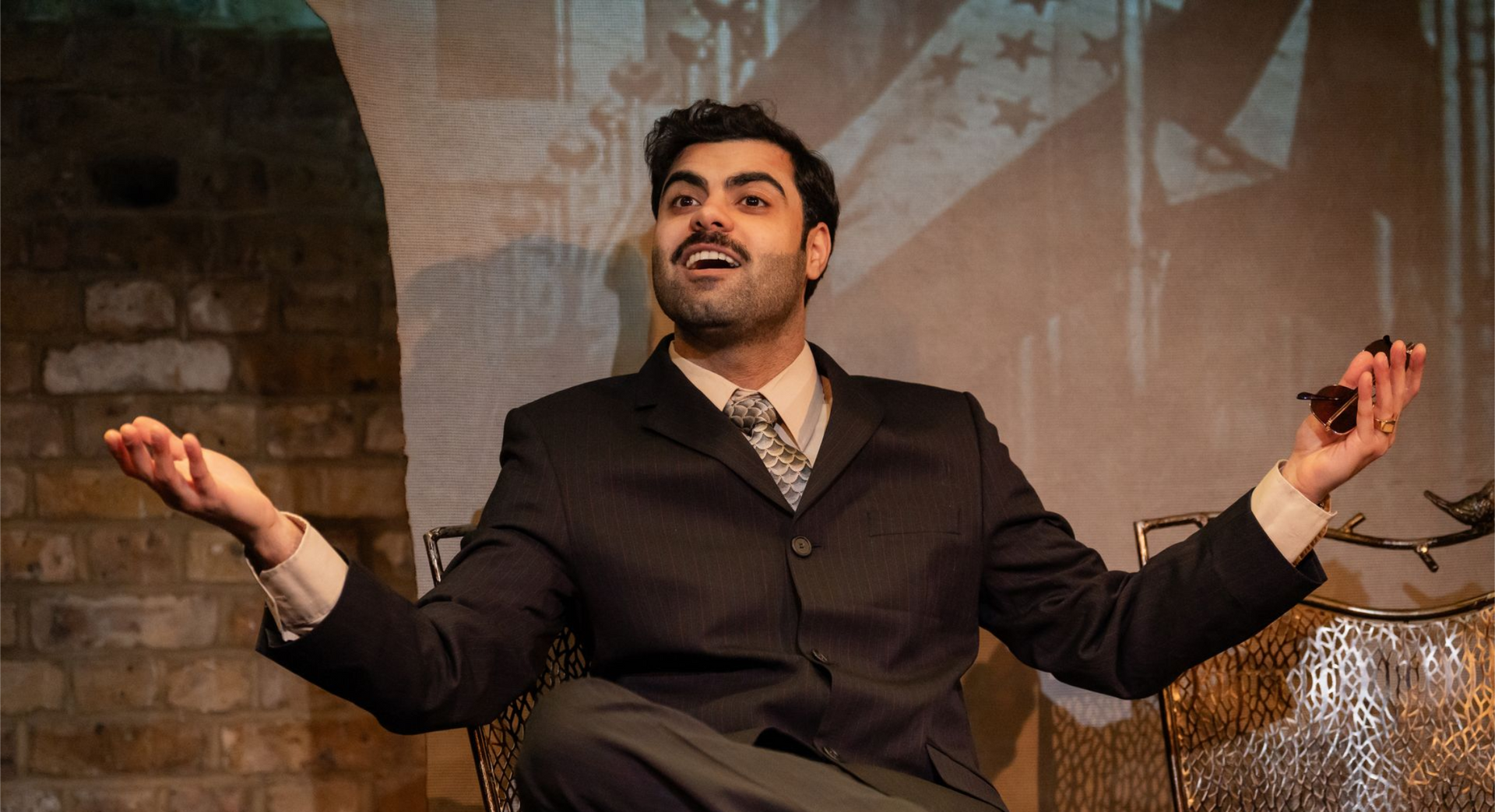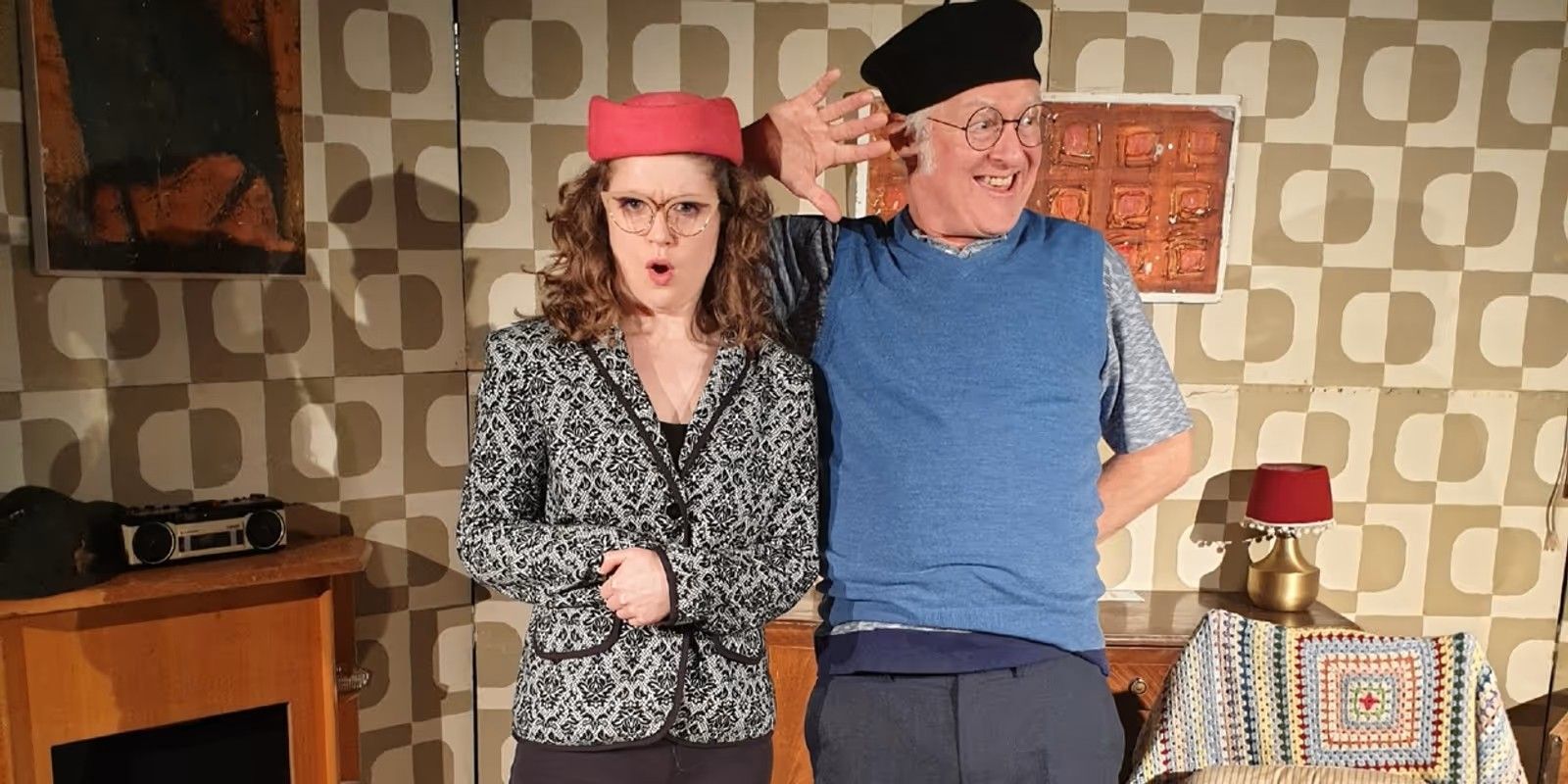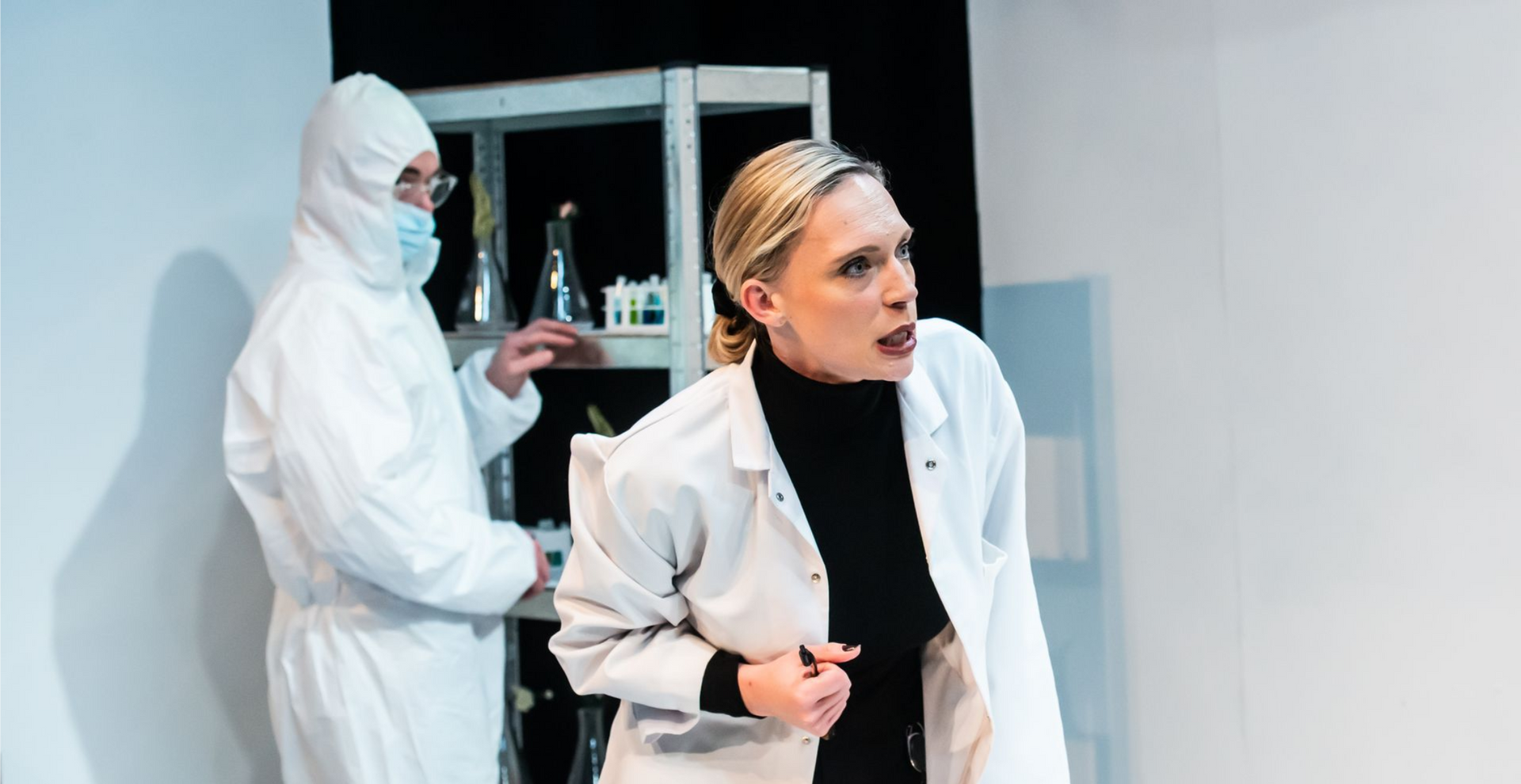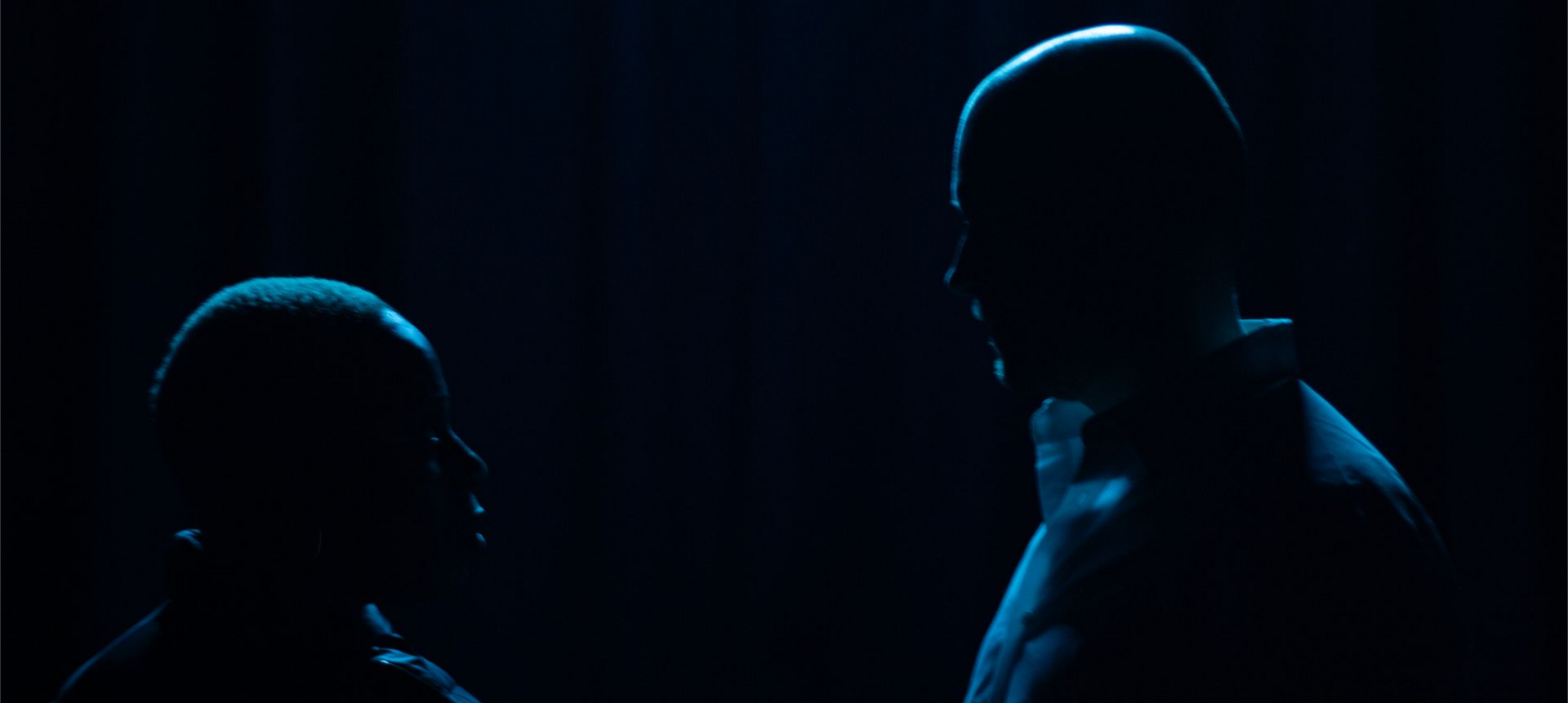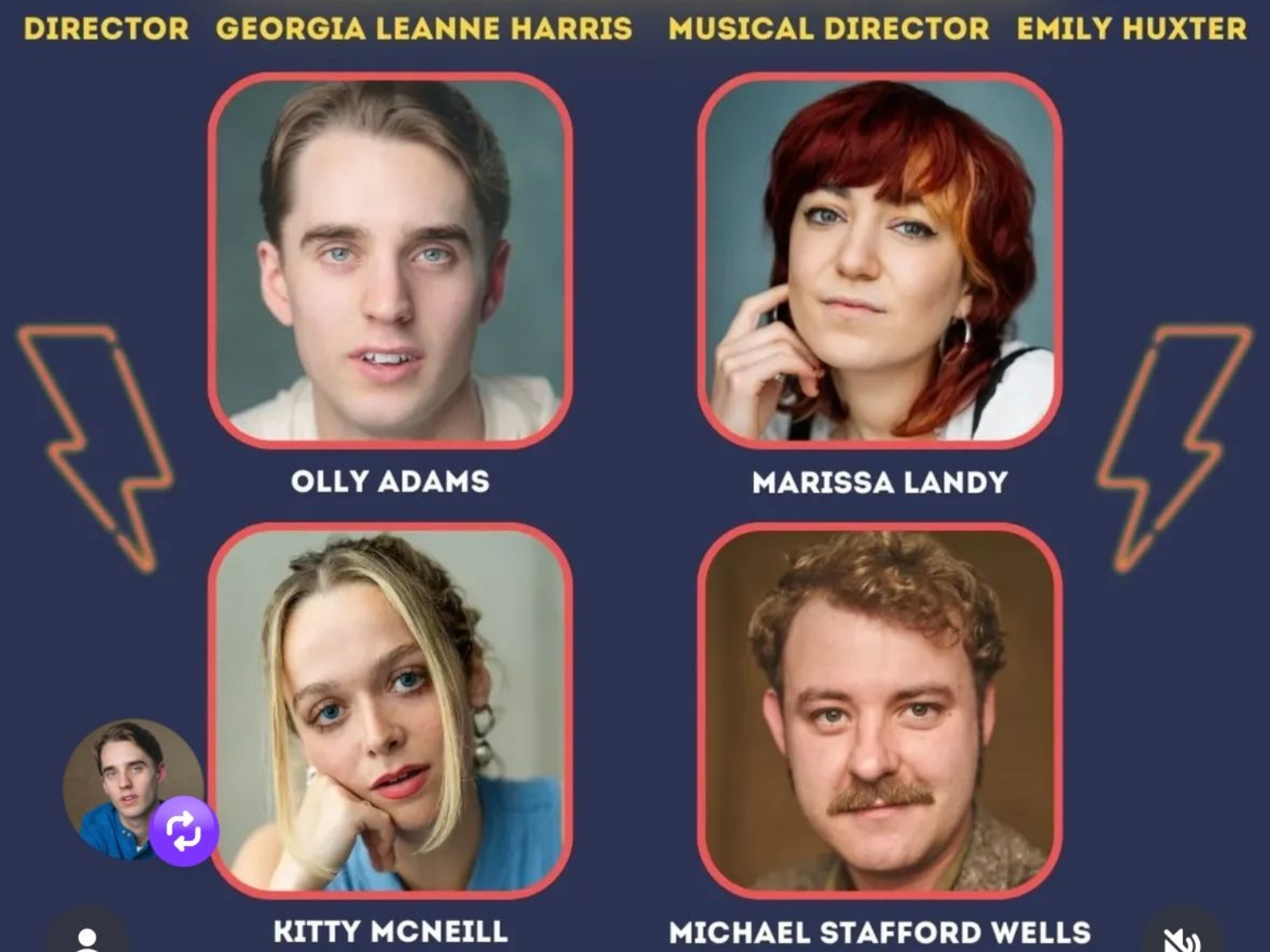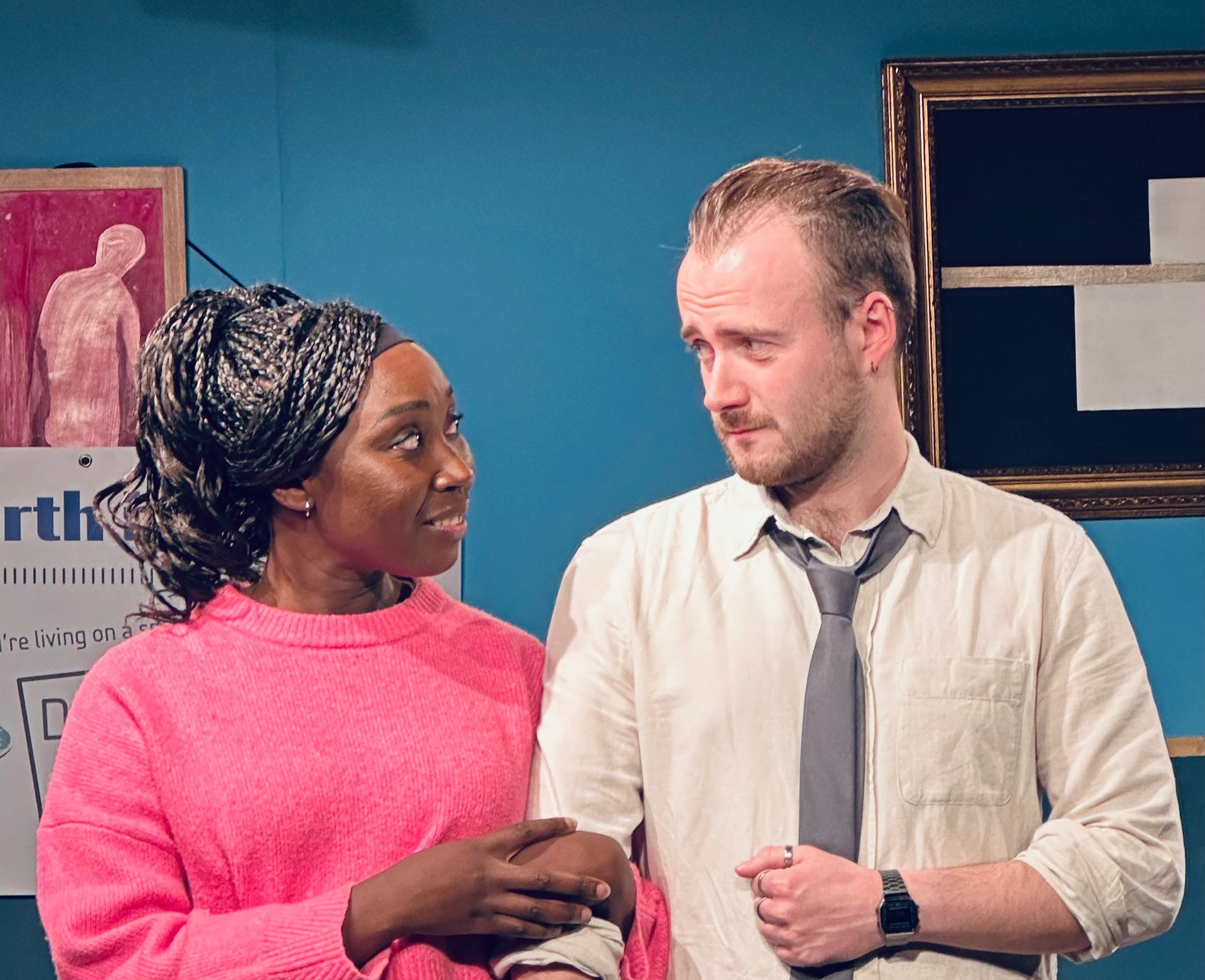by Natalie Mackinnon
•
17 January 2026
“Well performed, and wounding to witness” ★★★★ If (and it's a big 'if') achieving adulthood is analogous to 'settling down' and emulating the nuclear family structure, millennials, that is, the generation born between 1981 and 1996, are surely under performing. Official figures suggest that the current crop of adults between 29 and 44 are significantly more likely to never marry than previous generations. Meanwhile the Office for National Statistics projects that women in England and Wales are likely to continue having babies later in life, and having smaller families, than their mothers and grandmothers. In Doug Dean's intelligent new play the playwright compares two discrete narratives depicting modern parenthood. In alternating monologues, Dean's introduces us to two unnamed characters: a black, working-class single mother, who's experiences are interspersed with those of a white, middle-class married father. Formally, this structure carries with it the underlying suggestion that the trials of parenthood might unite us across the lines that typically divide us. The action in Dean's play is carefully plotted and richly, warmly observed. Dean's confessional-style monologues are considered and tender, and feel relevant to modern audiences. Moments of pathos are successfully balanced alongside spikier, more sardonic forays into observational comedy. Andy Sellers is believable and likeable as 'Him', the father of two very young children, who fluctuates between a barely concealed disappointment in his cosily underwhelming adult life, and moments of total serenity and contentment with his lot. Towards the end of the performance, Sellers has a chance to explore more heightened moments of overflowing panic, which were particularly well performed, and wounding to witness. Toyin Ayedun-Alase is similarly proficient in her performance. Her character trajectory is more complex, journeying from carefree teenager to hardened single mum. The sheer breadth of this story means that moments of this character's life are rushed over and feel slightly under-explored. Nevertheless, the punchy opening monologue is immediately richly compelling and Ayedun-Alase is singular in embodying the interplay between emotional strength and psychological vulnerability. In the play's final moments, there is a revelation that restructures our understanding of the story thus far. On it's face, the ending is neat, dramatically satisfying and provides a clear, digestible moral conundrum for the audience to pull apart on their way home. However, the use of a last-minute reveal in this context is, arguably, too neat, too dramatically convenient. It require key elements of story and character to be withheld and under-explored in the pursuit of a calculated climax, and could divide audiences. Unfortunately, the production I saw was plagued with lighting issues, which intermittently plunged performers into shadows. As a result, key nuances in the performance and story were compromised. Steadier and tighter light design would have gone a lot way to help fully immerse the audience in this production. In defiance of this, the inventive use of darkness in one lights-off conversation worked well to capture a quiet loneliness within the marital bed. The actors share the space rather incongruously with a set of wire triangles that, while they do not exactly detract from the piece, certainly don't add anything either. A bare set would have been much preferable. On the whole, though, these superficial considerations only slightly detract from what is otherwise a strong, competent piece of work. MOTHER.DAD by Doug Deans, Omnibus Theatre 13 – 31 January Produced by Chronic Insanity BOX OFFICE https://www.omnibus-clapham.org/mother-dad/ Cast: Toyin Ayedun-Alase and Andy Sellers Production Team Writer Doug Deans Director Kathleen O’Dougherty Designer Joe Strickland Dramaturgy Sam Pout Movement Director Ruth Phillips Producer Chronic Insanity Photography: Kathleen O’Dougherty Reviewer Natalie MacKinnon Natalie is a writer and playwright from Edinburgh. She is a graduate of the Lir Academy for Dramatic Arts in Dublin and the Traverse Young Writers group in Edinburgh. Her writing has been performed on stage in the UK and Ireland and has been adapted for radio by the BBC.
